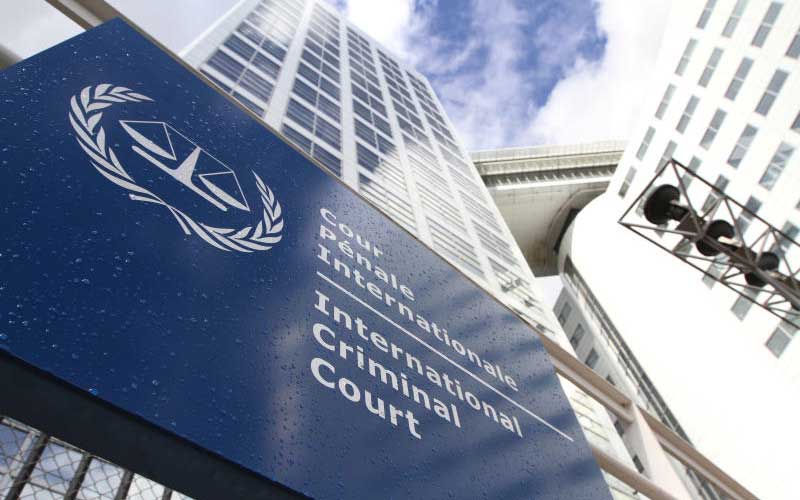
It seems that the necessary review of the International Criminal Court’s (ICC) performance will get underway in the new year, after member states to the Rome Statute approved plans for an assessment of the court and the Rome Statute system. During the 18th session of the Assembly of States Parties to the Rome Statute which took place at The Hague last week, the ICC President, Chile Eboe-Osuji, Prosecutor, Fatou Bensouda, and Registrar, Peter Lewis, renewed their support for a review that aims at strengthening the performance of the Court, and highlighted similar efforts they had already made in improving the performance of the organs they respectively lead.
All 17 states that spoke during a plenary debate expressed support for the review and welcomed proposals to establish an Independent Expert Review (IER) set to commence work in January 2020. Nine experts were appointed by the resolution adopted by the States Parties who would look into areas of the court’s governance, judiciary, prosecutions and investigations.